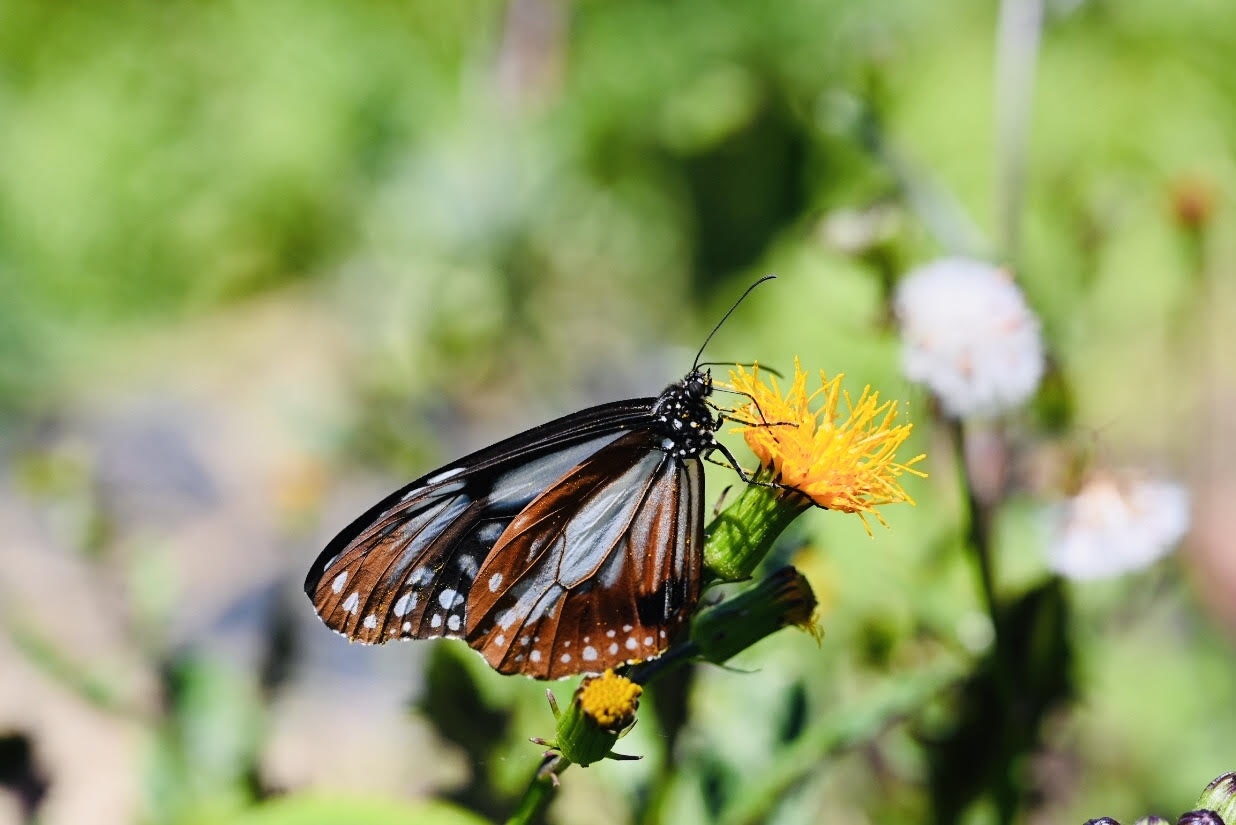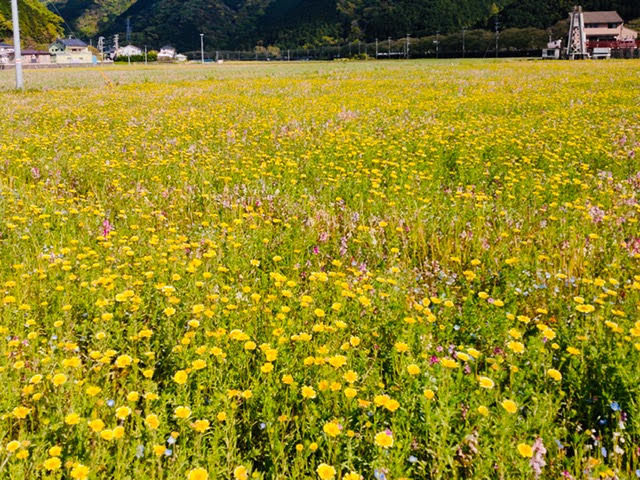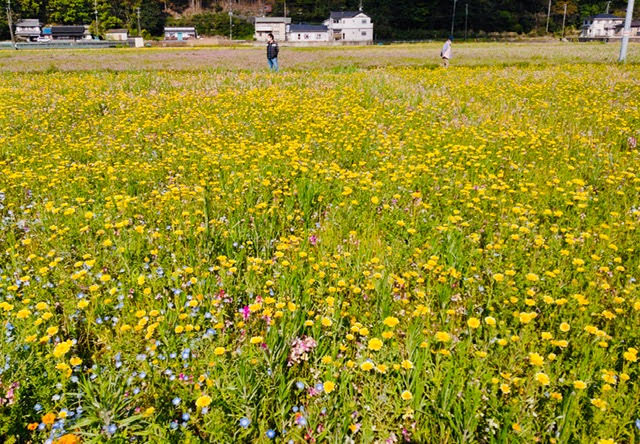The corona pandemic has presented a choice between life or money, health or economy, social responsibility or individual rights. Problems like guns, nukes, war, global warming, mass extinction, etc., fundamentally have the same problem. The Declaration Toward a Global Ethic requested that the U.N. issue a Universal Declaration of Human Responsibilities as a counterpart to the Universal Declaration of Human Rights, along the lines of the Global Ethic. It was shelved at the time due to the claim that rights are more urgently required at present.
Gandhi said, “The Ganga of rights flows from the Himalaya of duty.” This means that we must first observe social responsibilities before claiming individual rights. The reason is that individuals maintain a social existence – all individuals comes into existence, live, and pass away within societies in a certain time and space, which are also within communities of living beings and eco-systems. Only to the limit of existence of Himalaya or a society, can Ganges or an individual claim its existence, its flow and functions or its rights and rightful claims.
The Buddha was awakened to the Dharma (Form/Norm, Truth/Ethic) of Dependent Co-origination, that all dharmas (forms/norms, phenomena/practices, responsibilities/rights) were dependently originated on causes and conditions (space/time, environment/evolution, society/history, etc.), as illustrated in the Indra-net, whose crystal balls (individuals) on its knots reflect others (societies) limitlessly. The Buddha envisaged the root of responsibilities and rights and exemplified them in his life so that anyone could envision and enact them.
His cultivation was expressed in the culture of the Five Blisses of awakening, freedom, equality, compassion, and peace (a prototype of later rights movements in an ideal form, especially awakening in nirvana), correcting the Five Calamities of delusion, bondage, exploitation, and extermination of civilizations that dominated his age. He advised that the Five Precepts – the precursors of later ethical codes, including the Global Ethic – be followed by everyone to realize an ideal global community, shifting from artificial civilizations to natural cultures.
May 9, 2021 C.E. Dharma note
Note 1. The Buddha’s awakening was profound and penetrated into karma (action, habit, heredity), as depicted in his insight of all beings as karma-heirs, -owners, -machines, -refuged. He prescribed the practical way of stilling karma (nirvana, no wind of karma) in sitting, seeing the Dharma, and serving/saving all beings. The Buddha’s freedom (etymological cognate, Sanskrit priya-dhāman, beloved-domain, familiar relations with the Dharma, truth/ethic, not licentiousness) was thus truly radical and revolutionary. His “freedom, equality, and compassion” was the real revolution in human history, which became the precursor to the liberty, equality, and fraternity of the French Revolution, opening the way to the modern human rights.
- The Five Precepts are no killing, no stealing, no adultery, no falsehood, and no intoxicants, whose first four are similar to the 6th through 9th of the Ten Commandments (not equal, as in no homicide, no false witness), and were employed into the Global Ethic issued by the Parliament of the World’s Religions in Chicago in 1992.
コロナ・パンデミックは命か金か、健康か経済か、社会的責任か個人的権利かの選択を提示してきました。銃、核、戦争、地球温暖化、大量絶滅なども根本的には同じ問題を持っています。地球倫理への宣言は国連に地球倫理に沿うように普遍人権宣言の対応するものとして普遍責任宣言を要望しました。それは当時権利が至急必要であるという要求から棚上げされました。
ガンジーは「権利のガンジスは義務のヒマーラヤから流出する」と言いました。これは私達が個人的権利を主張する前に先ず社会的責任を守るべきことを意味しています。その理由は個人が社会的存在を維持しており―全ての個人は一定の時と所の社会、それは生物の共同体と生態系の中にあるのですが、存在する事になり、生き、去るからです。ヒマーラヤ又は社会が存在する限りでのみガンジス又は個人がその存在を主張し、その流れと機能又はその権利と権利上の主張をすることができるのです。
仏陀は、一切の法(形態・規範、現象・実践、責任・権利)は原因と条件(時間・空間、環境・新化、社会・歴史など)に依存して生起し、それは帝釈網の結び目にある水晶(個人)が他の水晶(社会)を無限に反映するようなものだと例示されました。仏陀は責任と権利の根源を現観され、誰でもそれらを観想し実行出来るようにそれらを自らの生涯に模範として示されました。
彼の修行は、自らの時代に圧倒的であった文明の錯誤・束縛・差別・搾取・殺戮の五禍を正し、覚醒・自由・平等・慈悲・平和の五福(後の権利運動の原型であり、特に涅槃での覚醒という理想的な形)を文化に表現されました。彼は、地球倫理を含む後の倫理規則の前駆である五戒を、文明から文化へ転換し、理想的な地球共同体を実現する為に皆が従うべきであると、勧められました。
2021共通年5月9日 法記
註1.仏陀の覚醒は、一切の存在者は業-相続者、-所有者、-機械、-依拠者であるとの洞察に活写されるように、業(行為、習慣、遺伝)に深く透徹したものでした。彼は坐、法見、一切存在者への奉仕・救済をするように業を鎮める(涅槃、業風の止)実際的方法を処方されました。仏陀の自由(free-domと語源的に同類の梵語priya-dhāmanは親愛領域という意味であり、放縦ではなく法、真理・倫理、に親密関係にあるということ)は真に根源的であり革命的なものでした。彼の自由・平等・慈愛は人類史において本物の革命であり、現代の諸人権への道を開いたフランス革命の自由・平等・友愛の前駆者となりました。
2.五戒は不殺、不盗、不邪淫、不偽と不酩酊ですが、その前四者は十戒の第六から第九戒と同様(殺人、不偽証のように同等ではない)であり、世界宗教会議にシカゴで1992年に発出された地球倫理に採用されました。
chestnut tiger
https://en.wikipedia.org/wiki/Parantica_sita
アサギマダラ
http://home.r07.itscom.net/miyazaki/zakki/asagimadara.html
The above pictures were taken and sent by Mr. Noriyuki Otsuka
in Shimoda, Shizuoka-ken, Japan














